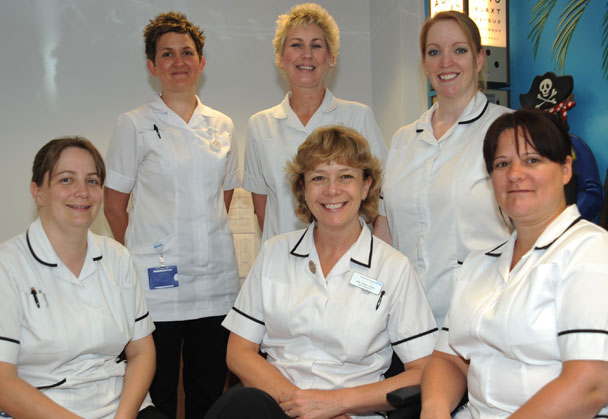Our orthoptic team are part of the ophthalmology department and work closely with the ophthalmologists (eye doctors) and optometrists.

Orthoptists are Allied Health Professionals who investigate and treat conditions affecting the eye in adults and children, such as squints, ocular motility disorders (problems with eye muscle movement), vision defects including amblyopia (lazy eye), double vision, and binocular single vision problems (difficulty using the eyes together as a pair). Orthoptists are also involved in assessing patients with glaucoma and cataracts.
Orthoptic treatments include:
- Occlusion therapy with either a patch or drops to help improve reduced vision (lazy eye or amblyopia)
- Prisms to help join double vision
- Lenses to either alter the angle of a squint or/and help to improve vision.
- Exercises to help the eyes work together as a pair.
